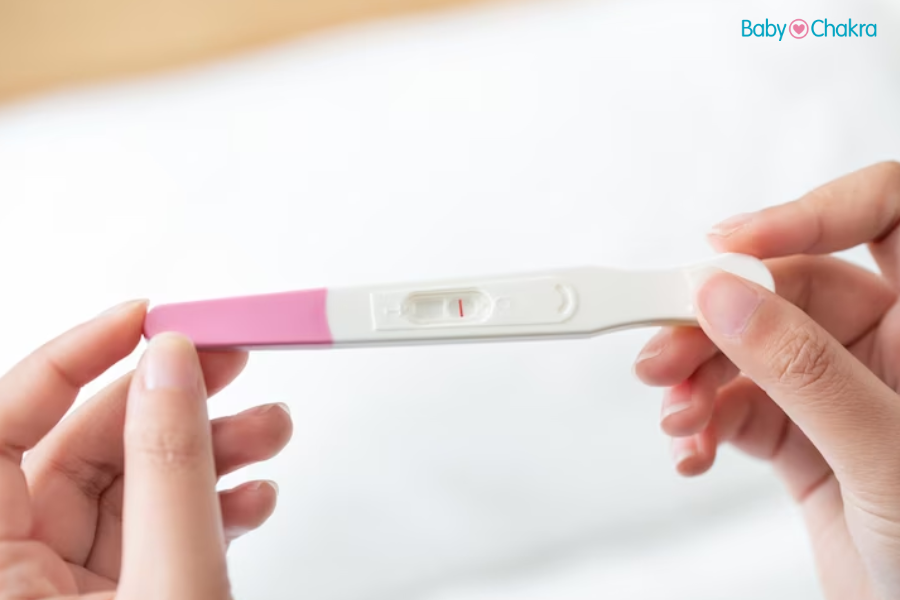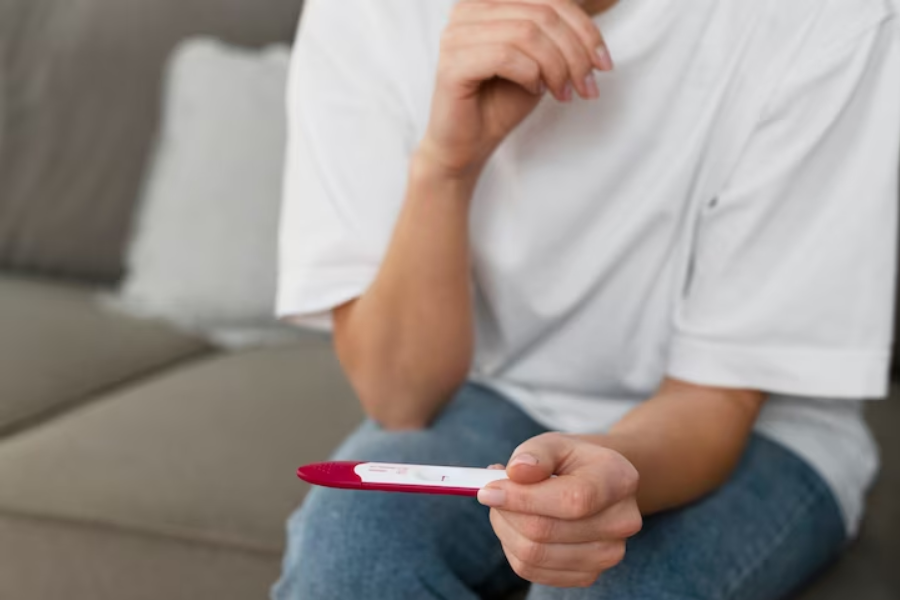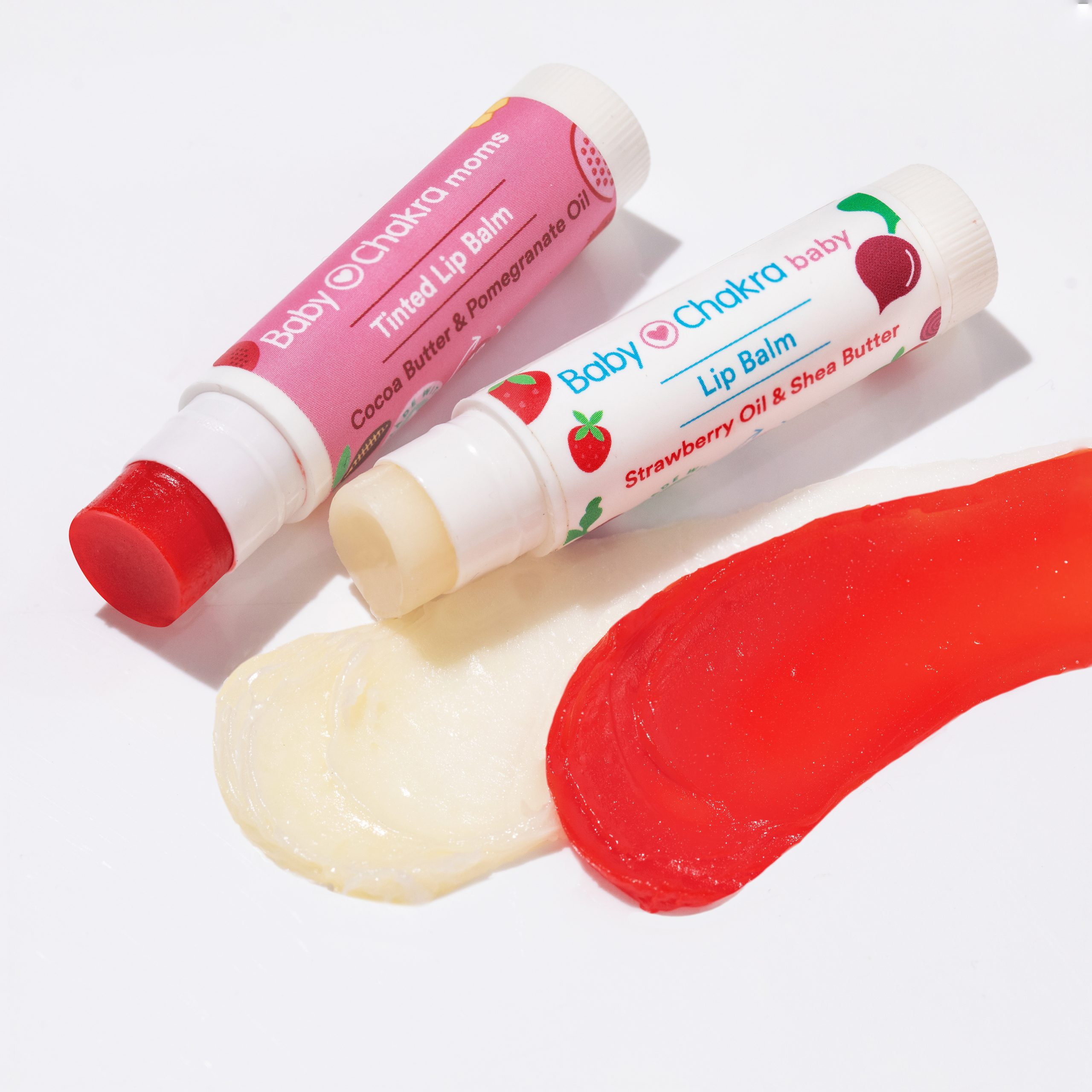
Negative Pregnancy Test But No Period: How To Deal With It
25 May 2023 | 4 min Read
Manisha Pradhan
Author | 1053 Articles
A negative pregnancy test but no period can be a disheartening experience for individuals hoping to conceive. It is important to remember that receiving a negative pregnancy test does not necessarily mean you will never become pregnant.
Read on to know how to deal with a negative pregnancy test but no period, what it means and the causes.
Why Do I Have A Negative Pregnancy Test But No Period?

False negatives
False negatives occur when a pregnancy test fails to detect the presence of the hormone human chorionic gonadotropin (hCG), which is produced during pregnancy. Factors such as testing too early or using a test incorrectly can contribute to false negatives.
Timing is crucial
Pregnancy tests are most accurate when taken after a missed period. Testing too early might not give accurate results, as the hCG levels may still be too low to be detected.
How To Deal With A Negative Pregnancy Test But No Period?
Dealing with Emotions
Give yourself time: It is normal to experience a range of emotions, including disappointment, sadness, and frustration. Allow yourself to process these emotions and remember that it’s okay to feel disappointed.
Communication and support: Reach out to your partner, friends, or family members for emotional support. Sharing your feelings with others can provide comfort and help relieve the emotional burden.
Seek professional guidance: If negative results persist over an extended period, consider speaking with a healthcare professional or fertility specialist. They can offer personalized advice and address any concerns you may have.
Evaluating Lifestyle and Habits
Healthy habits: Assess your lifestyle choices and focus on maintaining a healthy lifestyle. Eat a balanced diet, engage in regular exercise, manage stress levels, and get enough sleep. These lifestyle changes can optimize your overall well-being and reproductive health.
Avoid excessive stress: High-stress levels can negatively impact fertility. Incorporate stress-management techniques such as meditation, deep breathing exercises, or engaging in activities that bring you joy.
Smoking and alcohol: It is crucial to avoid smoking and limit alcohol consumption. Both smoking and excessive alcohol intake have been linked to decreased fertility in both men and women.
Optimising Fertility
Tracking ovulation: Understand your menstrual cycle and identify your fertile window. Tools like ovulation predictor kits, tracking basal body temperature, and monitoring cervical mucus can help pinpoint the best time for conception.
Timing intercourse: Regular intercourse during the fertile window can increase the chances of conception. Aim for every other day or every two to three days during this time to maximise the possibility of pregnancy.
Consider fertility supplements: Certain supplements, such as folic acid, vitamin D, and CoQ10, may help support reproductive health. Consult with your healthcare provider before starting any supplements.
Seeking Professional Help
Consulting a healthcare provider: If you have been trying to conceive for a significant period (typically one year for women under 35, or six months for women over 35), it may be advisable to consult a healthcare provider or a fertility specialist. They can evaluate your circumstances and provide appropriate guidance and treatment options.
Exploring fertility treatments: In cases where natural conception does not occur, fertility treatments such as intrauterine insemination (IUI) or in vitro fertilization (IVF) may be recommended. These treatments offer viable options for individuals struggling with fertility.
Receiving a negative pregnancy test but no period can be challenging, but it’s essential to remain positive and explore various avenues for enhancing fertility. Remember to take care of your emotional well-being, evaluate your lifestyle habits, optimise fertility through tracking and timing, and seek professional help if needed.
Keep in mind that each individual’s journey is unique, and with patience, perseverance, and the right support, the joy of parenthood can be within reach.
Recommended Natural Products That Are Safe To Use While Trying To Conceive
Also Read:
How Can I Find Out If I Am Infertile?: Symptoms and causes of female infertility.
Male Infertility: Here’s why we need to talk about it.
Shilpa And Apurva Agnihotri Talk About Their Struggle To Become Parents: 10 Things to avoid saying to couples trying to conceive.
Cover image source: freepik
A


Related Topics for you
Suggestions offered by doctors on BabyChakra are of advisory nature i.e., for educational and informational purposes only. Content posted on, created for, or compiled by BabyChakra is not intended or designed to replace your doctor's independent judgment about any symptom, condition, or the appropriateness or risks of a procedure or treatment for a given person.



